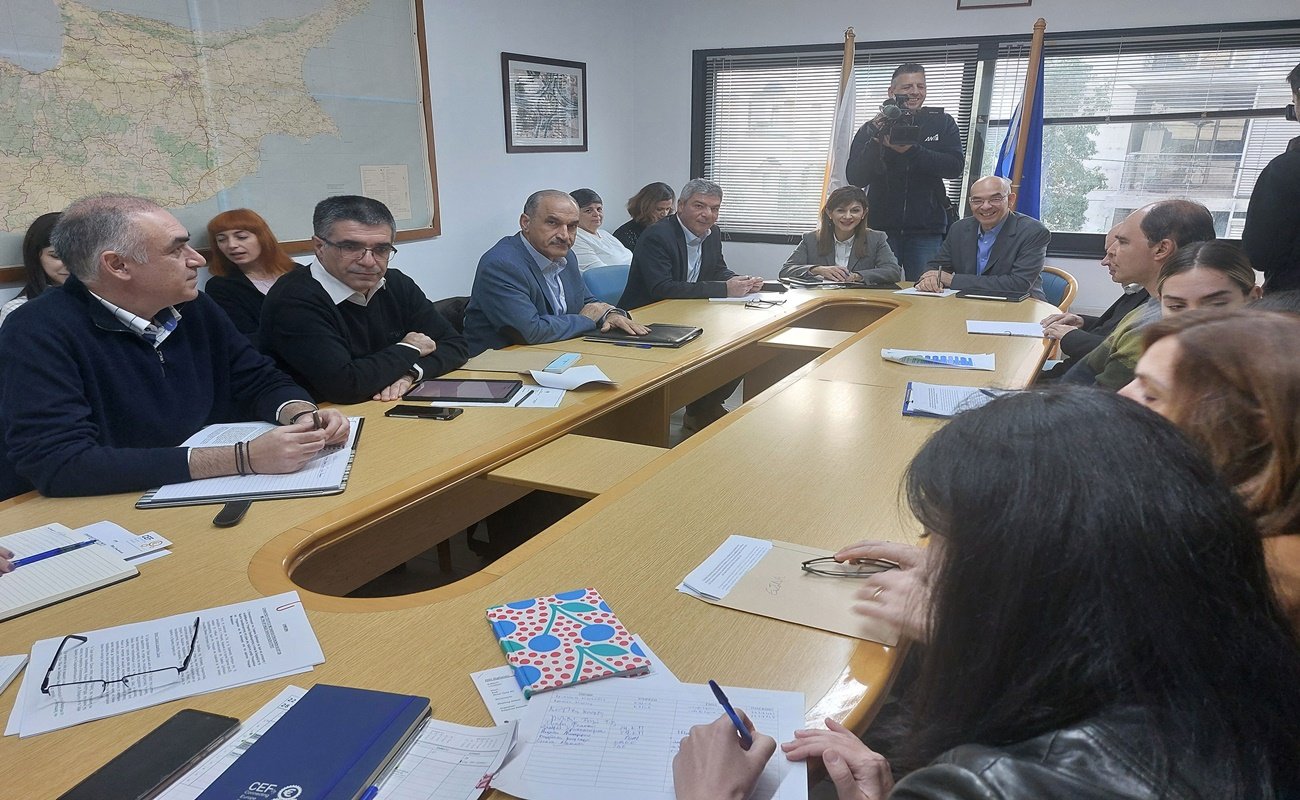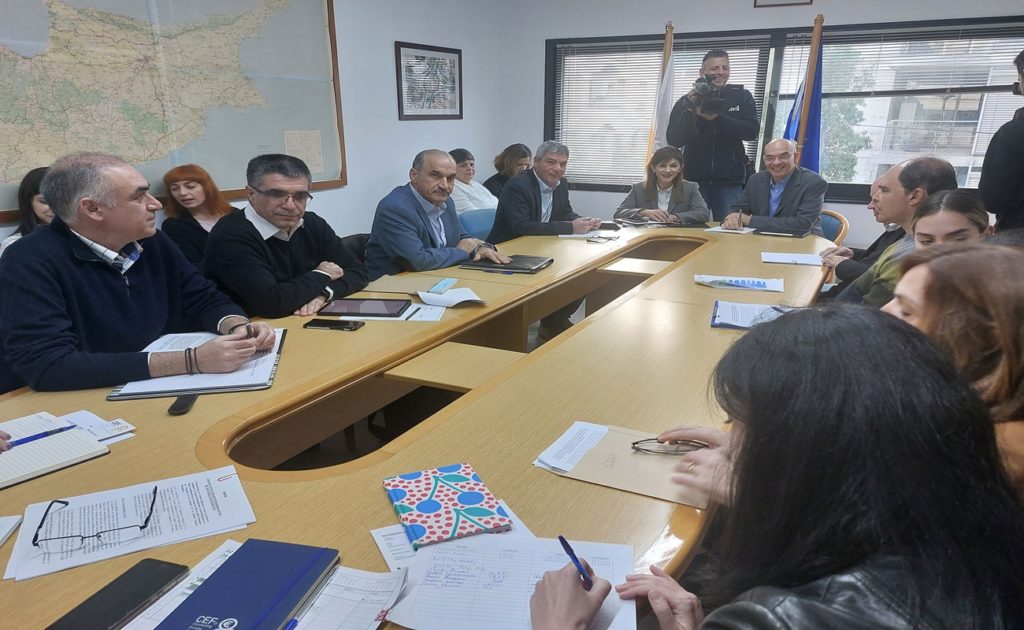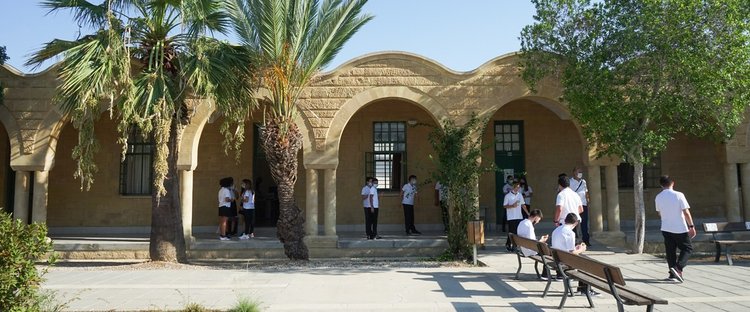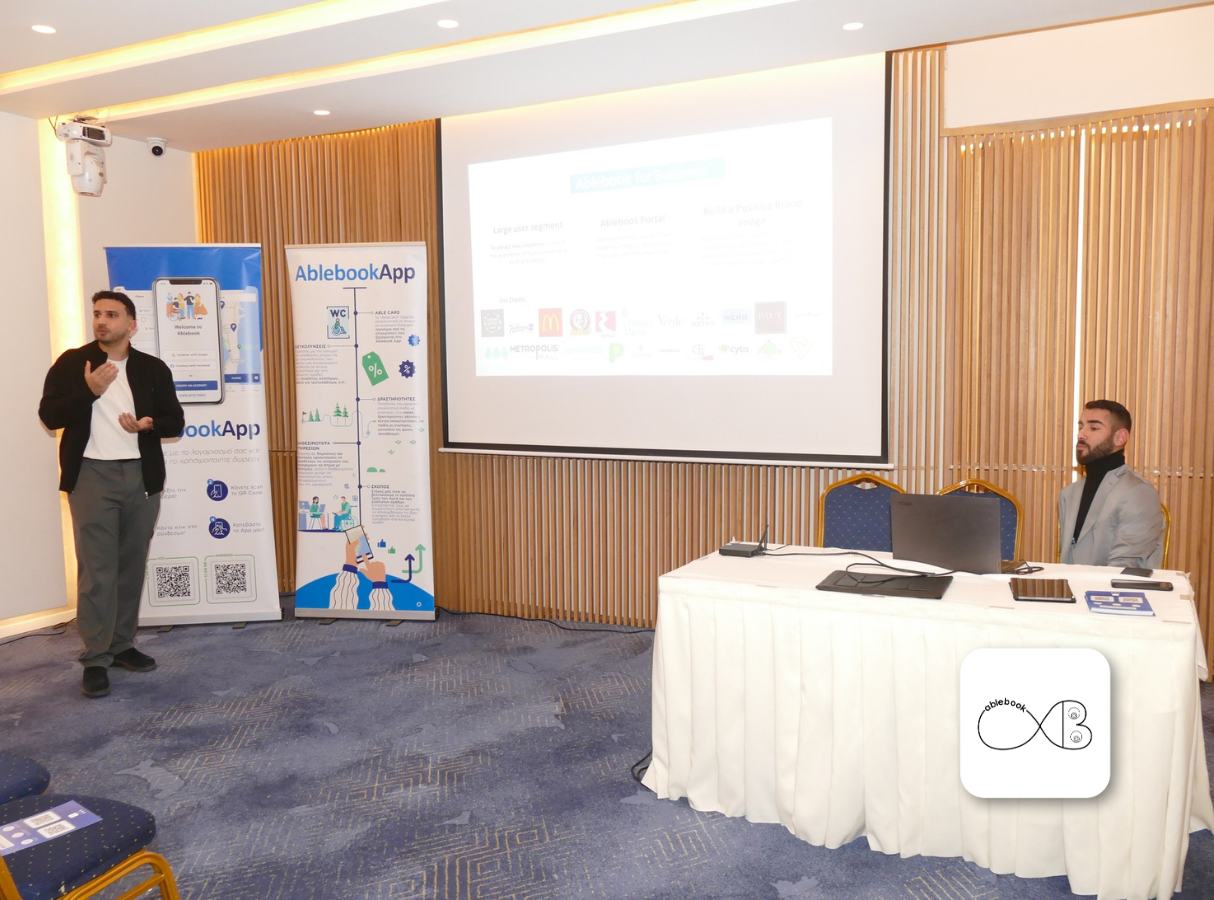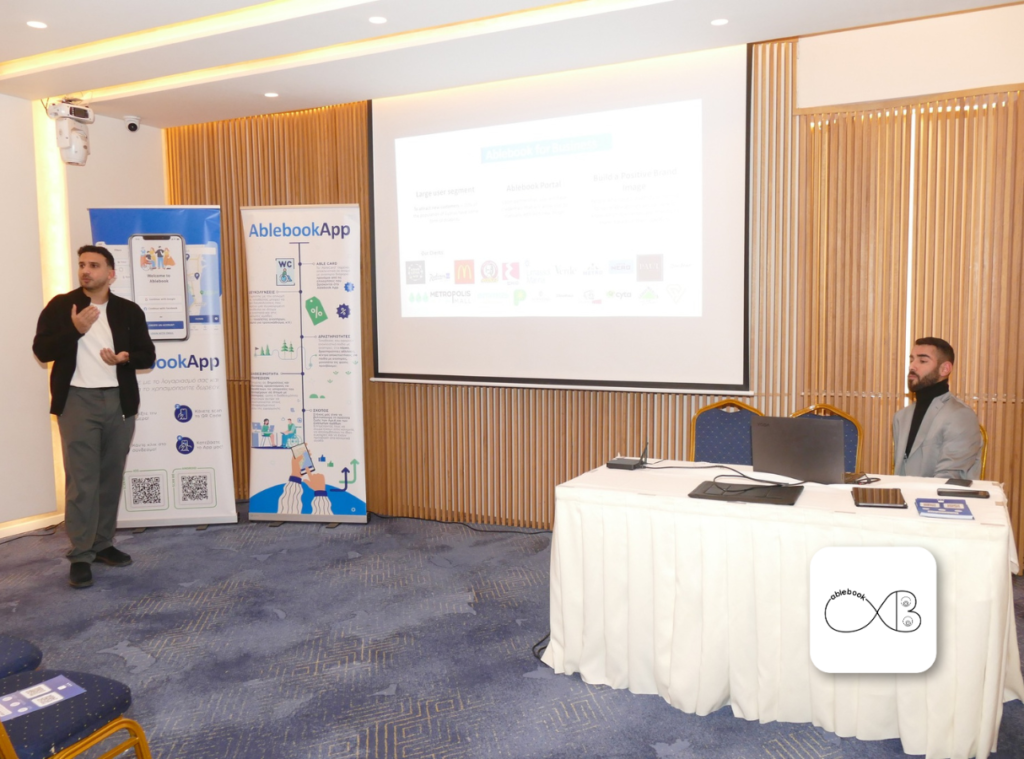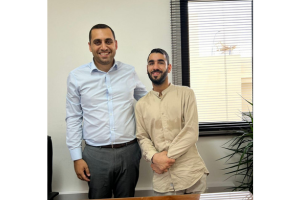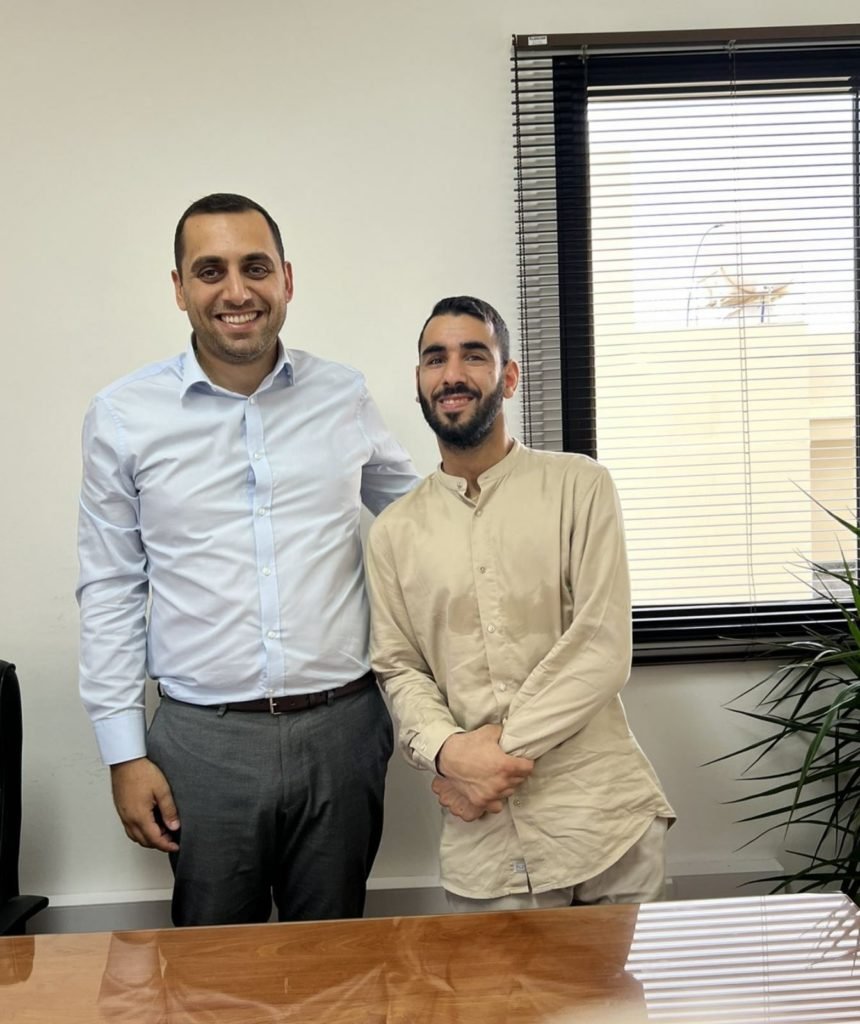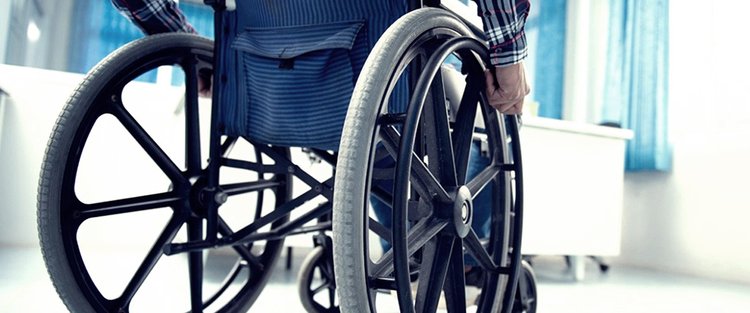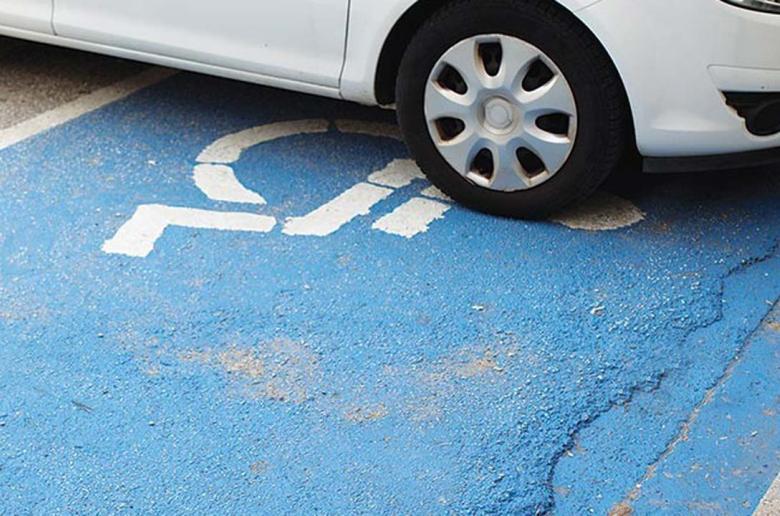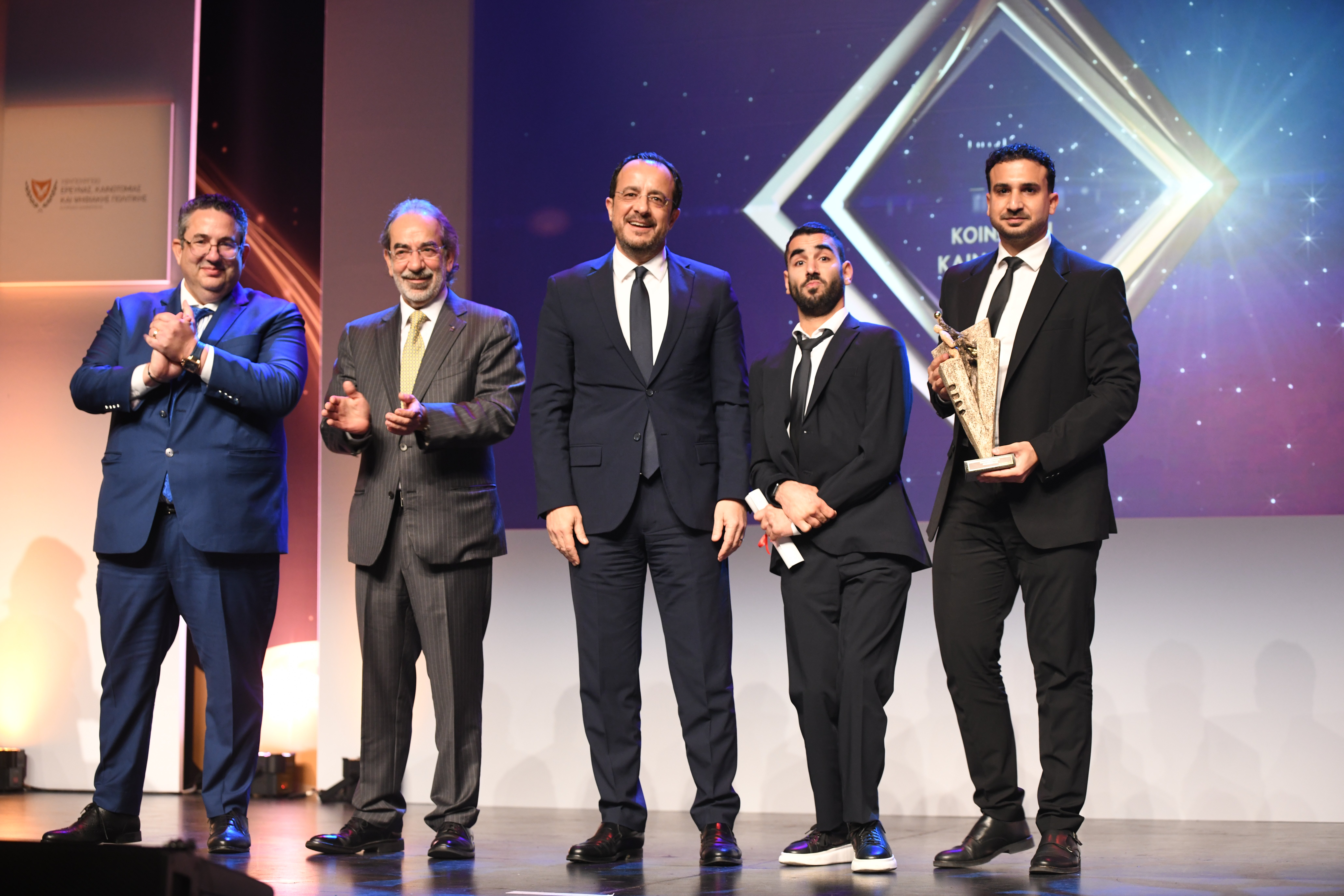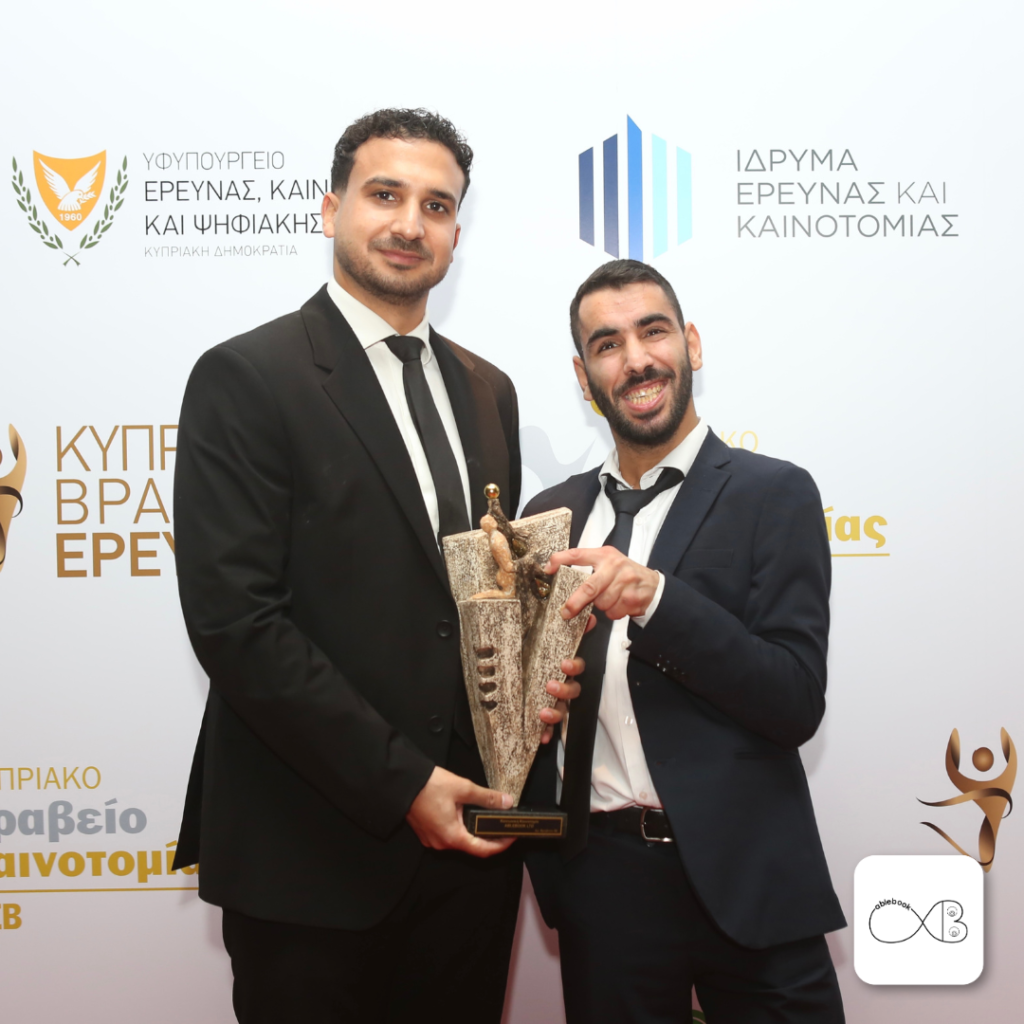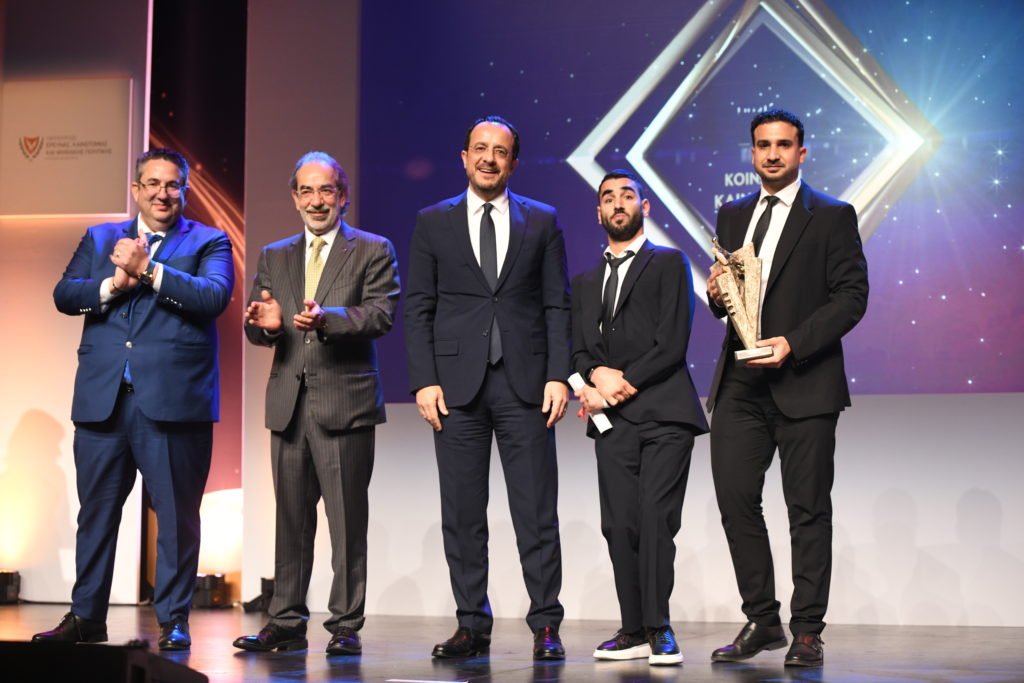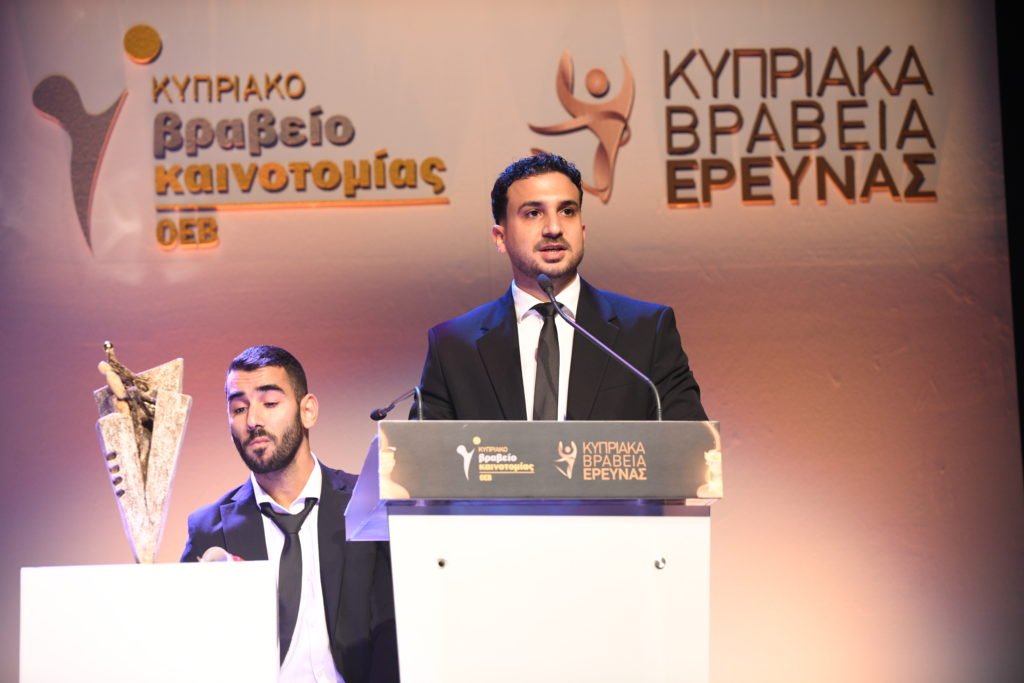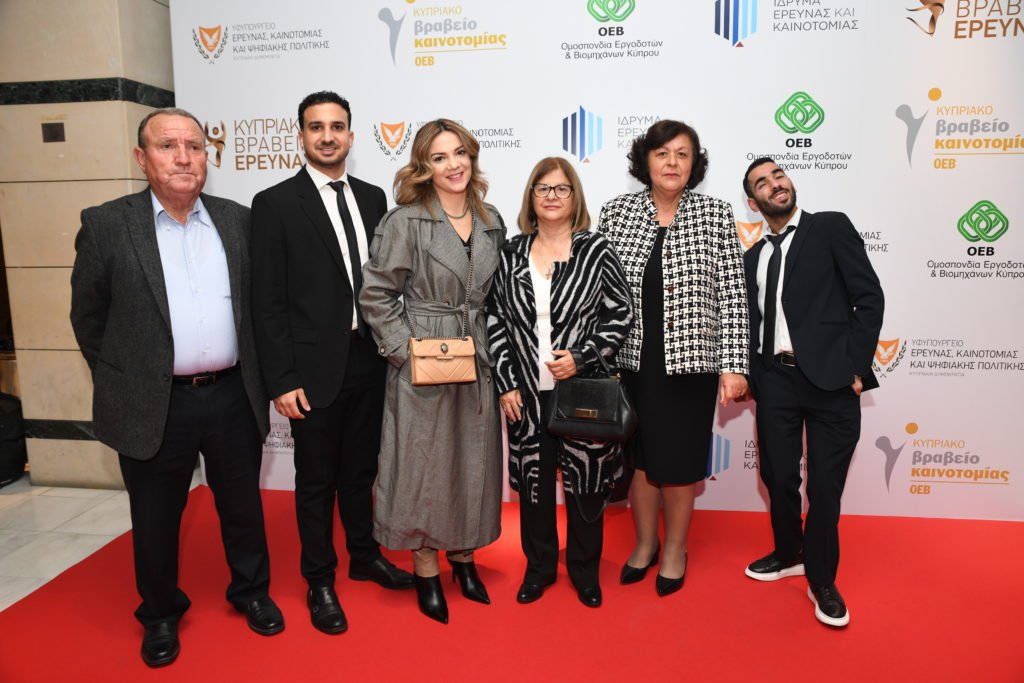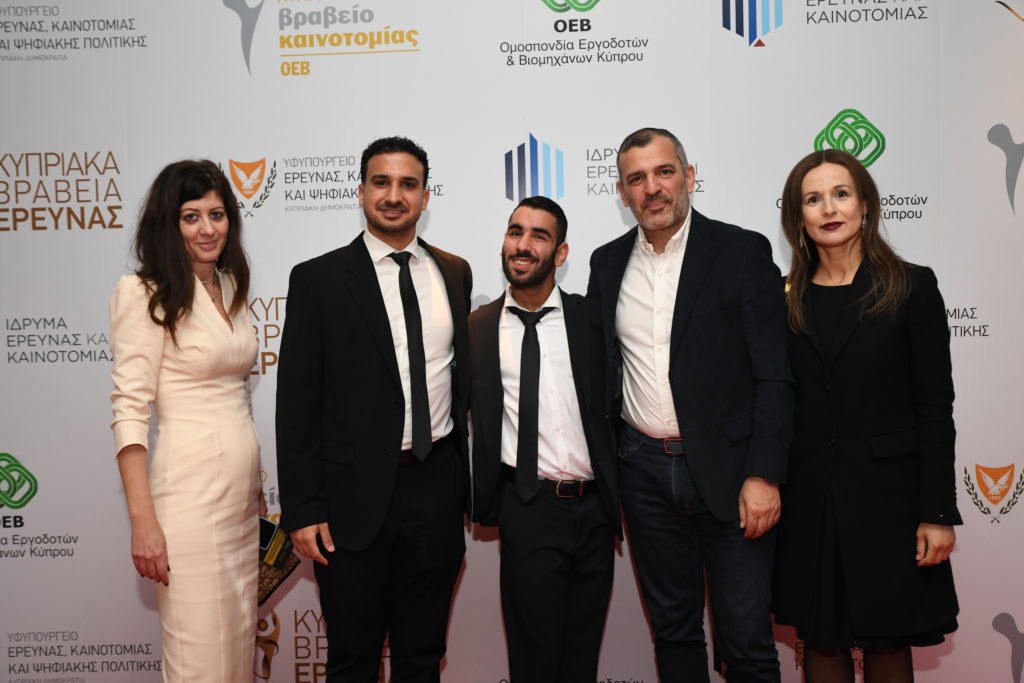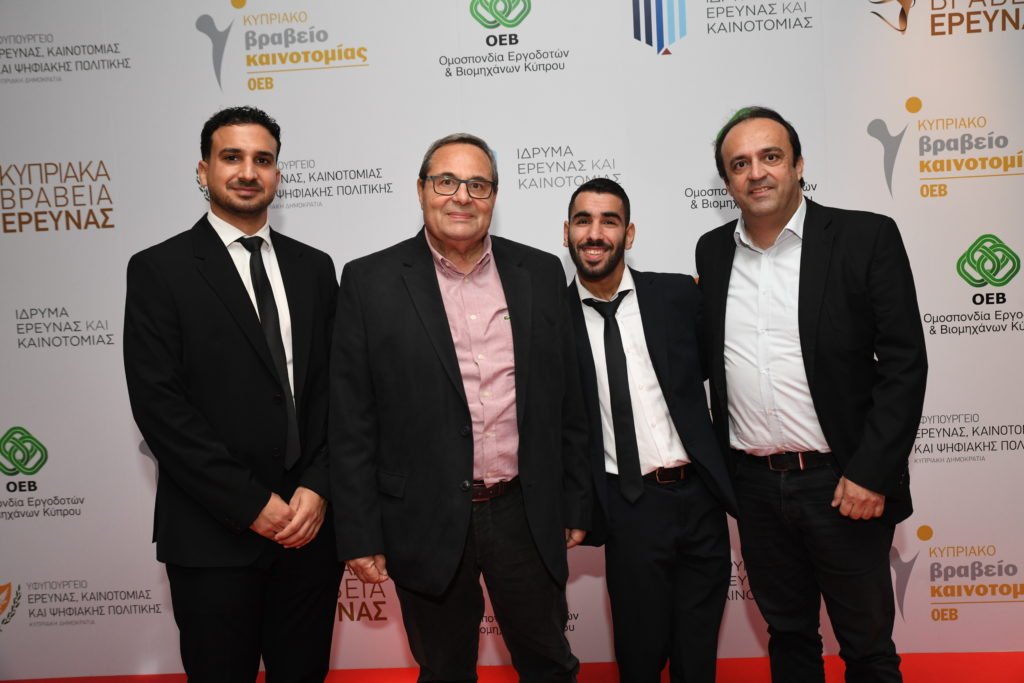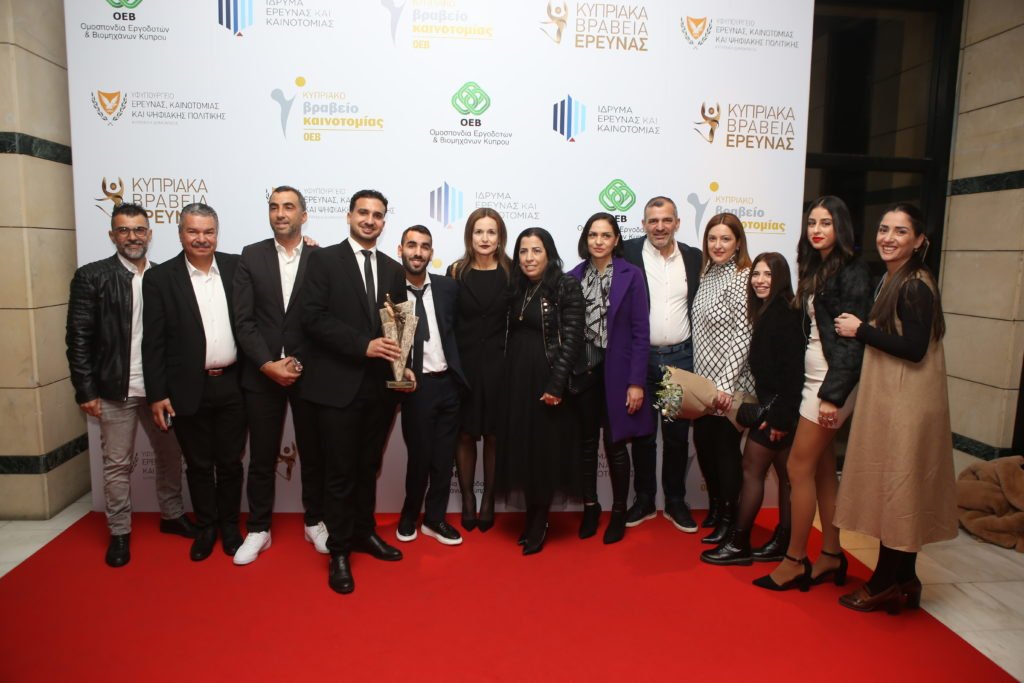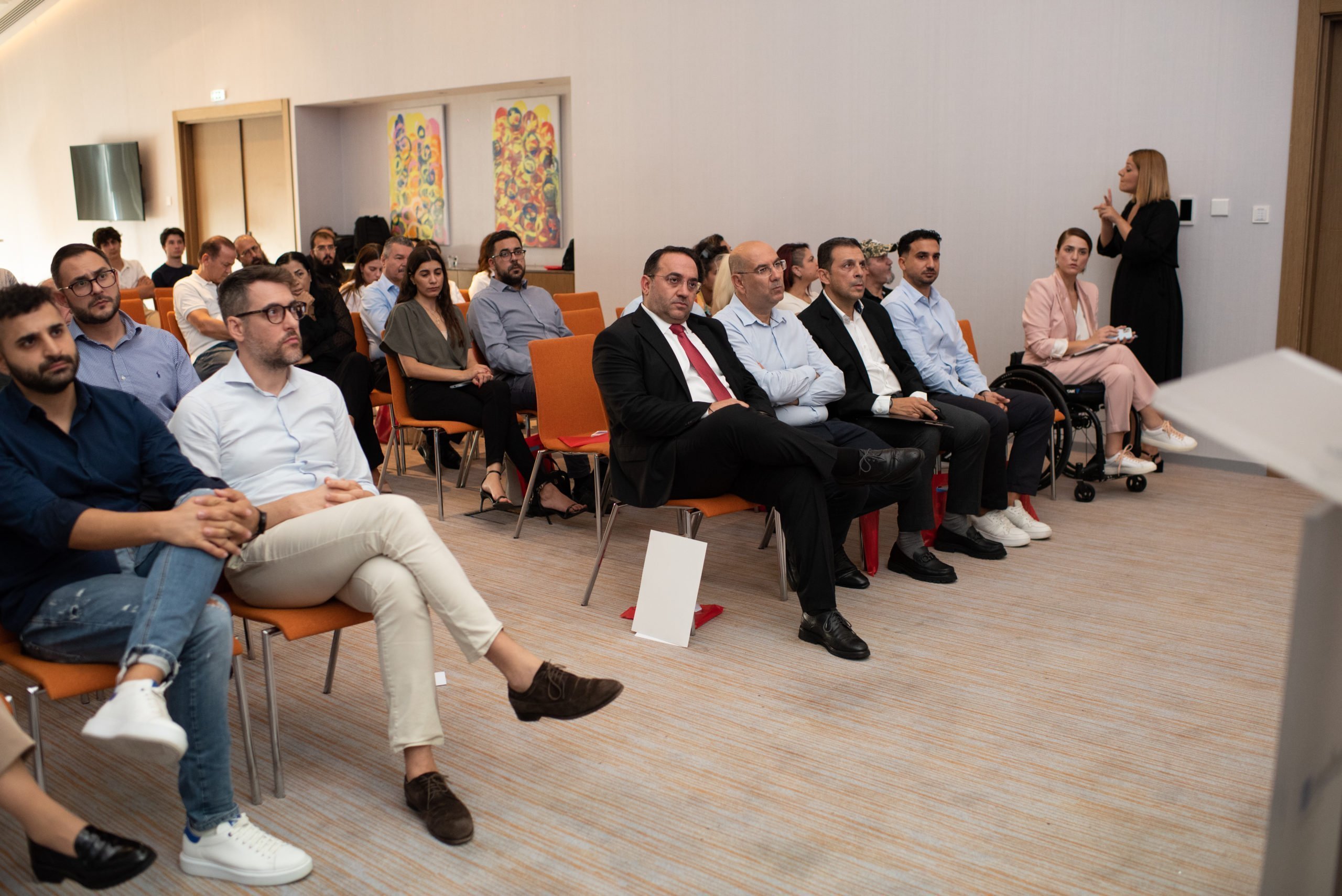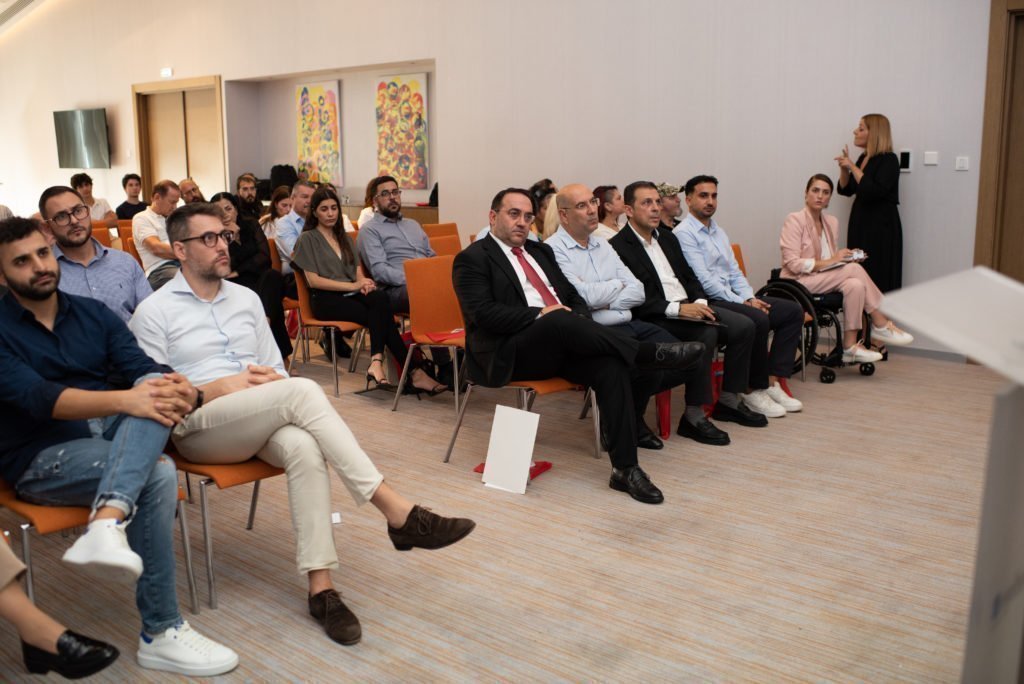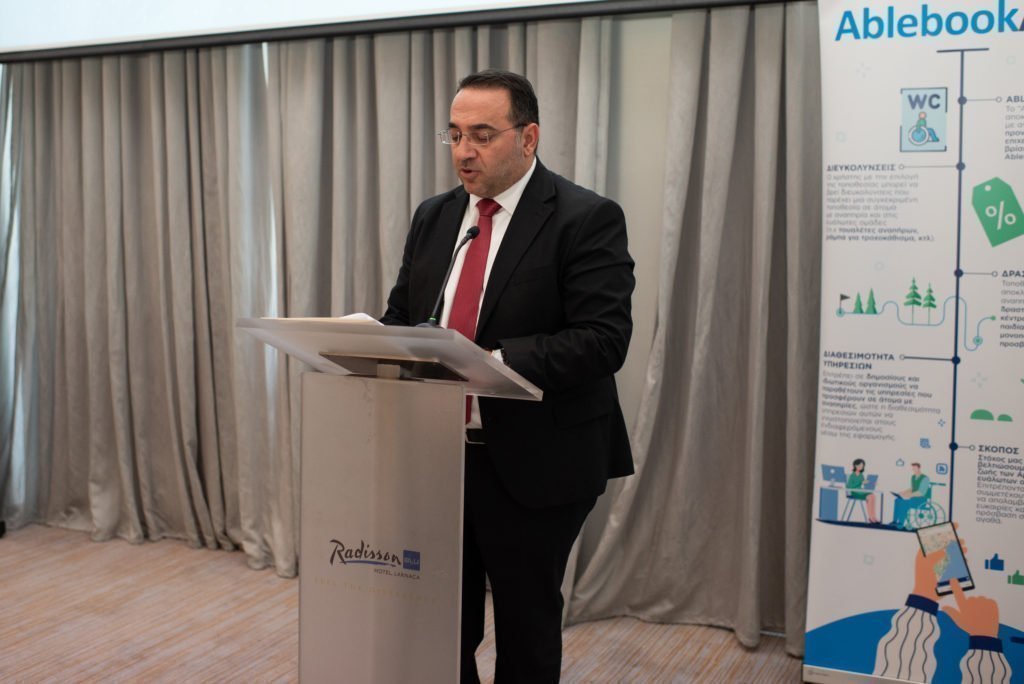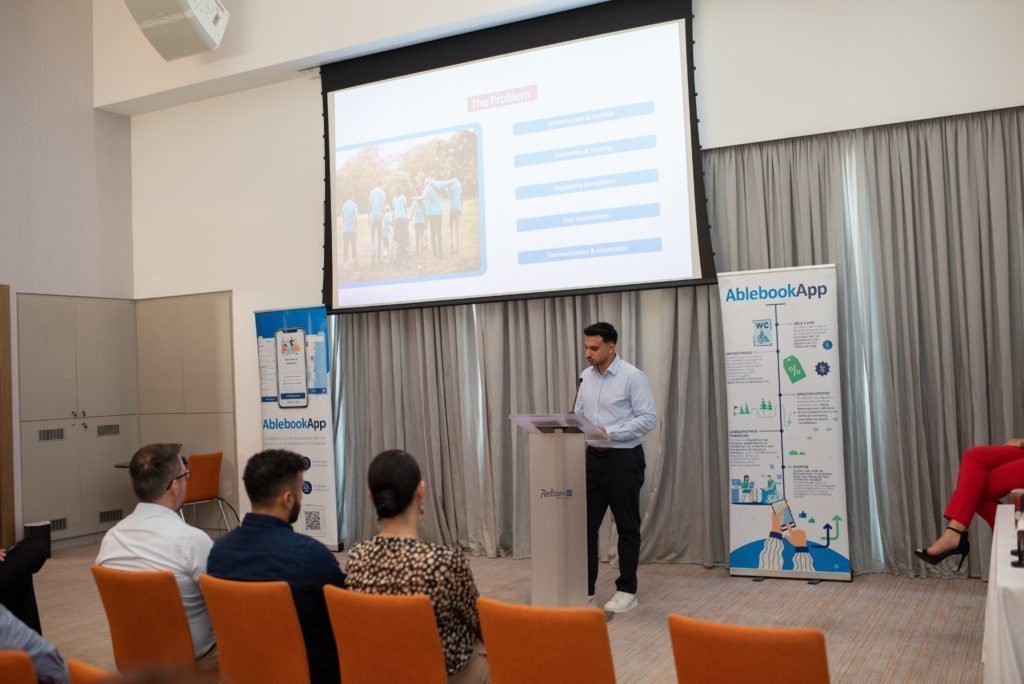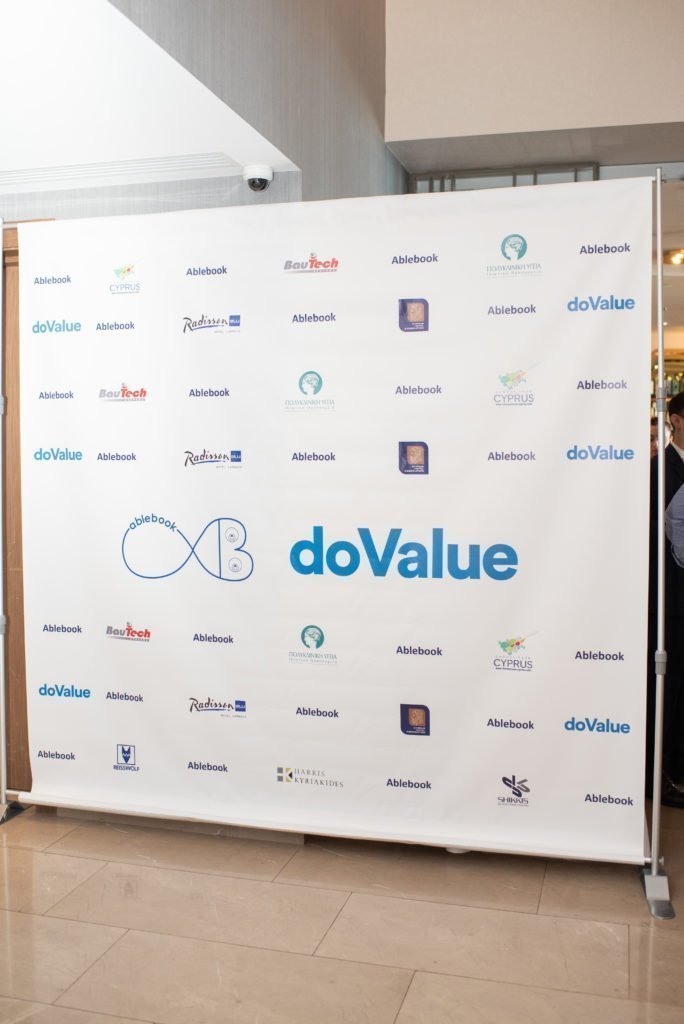One of the most significant issues in the field of education, characterized as the most difficult and complex, is Special Education, for which the competent Ministry is in the process of implementation, in order to fulfill its promises, following the public announcements of the President of the Republic. The dialogue that took place with the involved stakeholders has provided all the necessary input to the Ministry of Education, which has concluded the changes it promotes and seeks to complete by May, in order to implement them with the new school year.
Last October, the President of the Republic came forward and announced the dialogue between the Ministry of Education and the involved stakeholders in the field of special education, with the aim of transitioning to inclusive education. The fact that this issue is a priority of the Government was also evident from the announcements of Nikos Christodoulides, last Monday, during which he emphasized that “as a result of the structured dialogue underway, the implementation of the reorganized Special Education begins in September 2024, pushing forward the long-term planning for transition to inclusive schooling.”
The Ministry of Education aims to complete all processes before September, and even before the summer, in order to take the long-awaited first step towards the major reform in the field of special education. However, it is emphasized that the dialogue has already been completed, since last December, and the opinions of the involved parties have been submitted to Athena Michailidou.
After studying the positions of all the involved parties, the Ministry of Education proceeded to the next step, which was decoding the issues raised by the stakeholders, in order to finalize the actions to be taken.
Changes in the issue of escorts
The first chapter that the Ministry of Education intends to address and achieve changes before the end of the current school year is the significant issue of escorts. An issue that has become a persistent headache and a hot potato for the Ministry, as it constantly causes problems, despite the intentions for resolution. To this end, in order to find a permanent solution, the Ministry of Education wants to proceed with a timely recording of needs, in order to plan and allocate resources before the start of the school year.
This is the big challenge, as every year the same report is made, yet every year the same problem is observed, and in the end, children stay at home for several weeks because they do not have the necessary support to attend their classes. In this case, the Ministry of Education also seeks the support of parents, in the immediate submission of applications and supporting documents, to take all necessary steps before the start of classes.
With the changes being promoted, the Ministry aims to create a registry, where supporting documents for children applying for an escort will be available, in order to avoid the constant need for submission every time parents apply. This way, the District Committees, responsible for providing escorts to children, will make decisions more quickly.
Differentiated material is coming
The second issue that the Ministry of Education wants to address immediately concerns the provision of differentiated material to children in special education who are in mainstream classes. It’s a request from parents of children with disabilities, for which the Commissioner for the Protection of the Rights of the Child has also made remarks, and despite the guidelines given by the Ministry, there have been cases where they were not followed, resulting in the exclusion of children.
The Ministry of Education has reached an agreement with Greece to evaluate its material, while material from Cyprus is also being developed, so that teachers in primary and secondary education can assist children who need this material. It is clarified that differentiated material also includes special software used by some children, and it has been decided to give special emphasis to modernization.
These two chapters are the short-term goals of the Ministry of Education, which aims to complete the processes by May and immediately after, to open the dialogue on the major issue of amending legislation.
Source: reporter.com.cy


